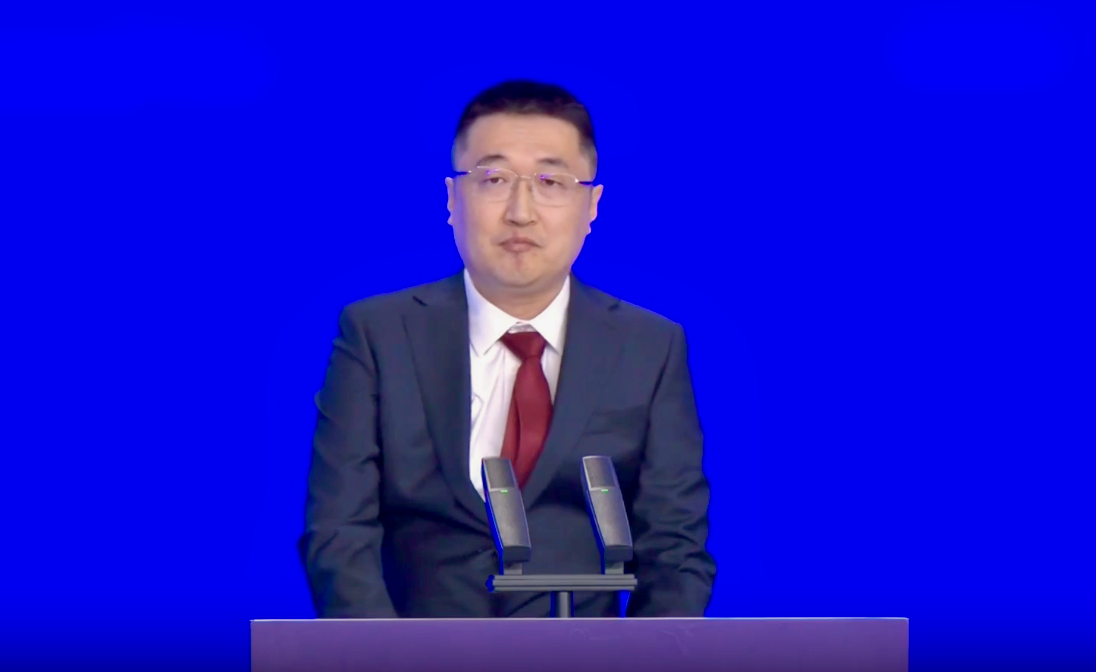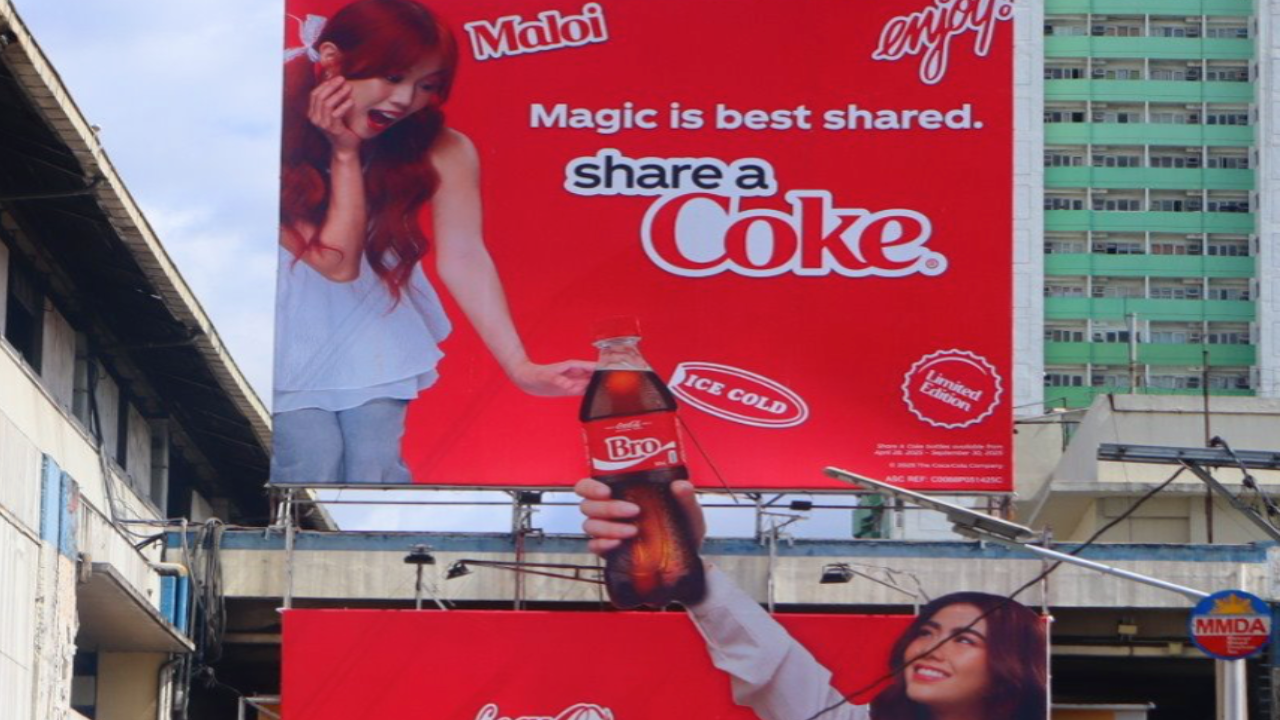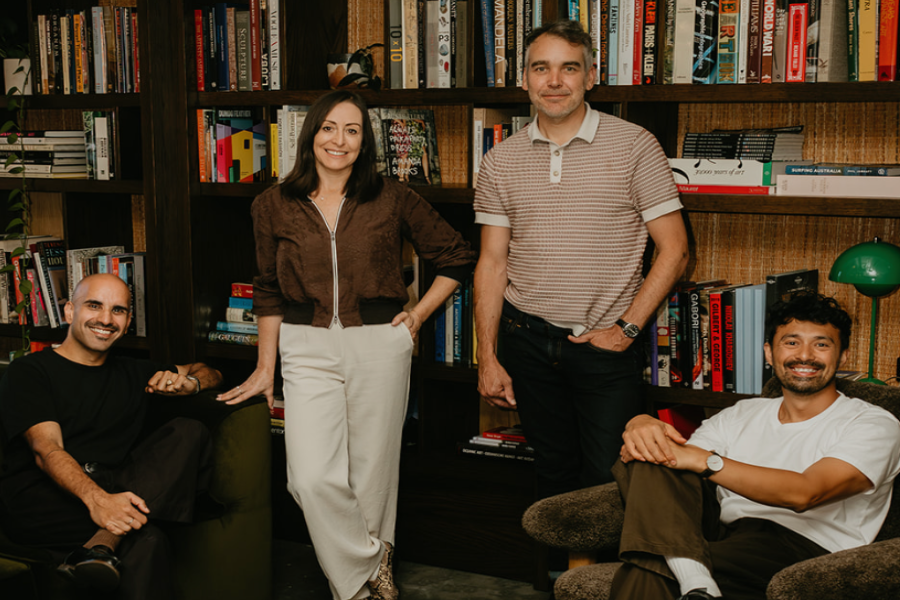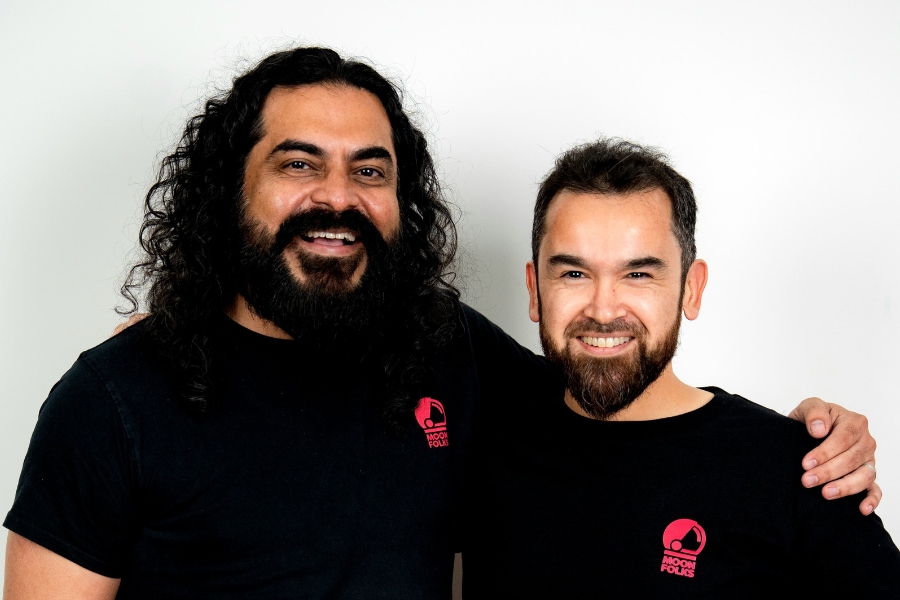The event industry’s evolution is perhaps nowhere more apparent than in China, which has developed from being an inbound market for international brands to pioneering social media platforms and exporting some of the world’s fastest-growing brands of its own.
Up until 2008, multinational brands were the lifeblood of agency business in China. “When the Olympics came we started pitching for more consumer events for brands like Coca-Cola, Lenovo and Bank of China as well as a couple of Chinese clients,” says Phyllis Teo, COO Asia Pacific, George P. Johnson. “At that time it was a bit of a culture shock for us because we were delivering all our services to multinational companies, but it gave me a sense that the Chinese players are coming.”
The 2010 World Expo in Shanghai was another opportunity for Chinese brands to reach out to a broader audience.
“This was a turning point for us,” says Teo. “Chinese companies want to become a global player, but they don’t know how. We needed to do a lot of campaign planning and strategy insights so I started to change the kind of people that we hired. We brought in strategic thinking experience and integrated it into our core event team. Now we have a 50/50 split, half our clients are Chinese.”
Of that 50 per cent, 15-20 per cent of revenues from Chinese brands come from events staged outside of China. According to Teo, the primary objective for such external projects is brand awareness, while internal events are focused on market share.
Of George P. Johnson’s top 10 clients today, three are Chinese brands that existed but 10 years ago but were very quiet, and few outside China had heard of them.
Millennial moves
For Teo, Chinese millennials are filling a vital role at the agency, connecting with up-and-coming marketers who think very differently. “The younger generation of Chinese have a lot of fresh ideas and no fear factor,” she says. “They come out with answers on the spot — and we need that. They’re there to take a risk and they have the courage to do something different.
“And the same goes for our clients. Most were born in the 1980s to 1990s, so they are very innovative. They are willing to try different things, which is good for events.”

At the same time, this new business has made it difficult for international agencies, heavy on foreign staff and processes, to survive in China.
“If there’s no Chinese management team it is difficult because the Chinese evolve very quickly. And they always want the best. They want the future today,” says Teo.
“Every three months they change their tactics, or the market, or the product changes and the consumer behaviour changes. In Singapore or in the States, we take a long time to plan. You have to be flexible and have patience to work with the Chinese.
“All these local event planners were taught by foreigners at international agencies. They’re born here, they can adapt and that’s why you see little boutique Chinese agencies being able to pick up and grow very fast because they have the skills and they know how to manage client expectations. They are nimble and flexible.”
However, in the last three years, moves by the central government to clamp down on corruption and boost compliance have taken a toll on many local agencies.
“In order to be fully compliant it requires a lot of investment, and it’s not just how well you deliver an event or how good your partnership is anymore – it’s about your whole company process,” says Teo.
Social power
Nowhere could the rapid pace of change in China be more evident than with social media. “When companies were breaking into China the amount it would cost to stage national campaigns was astronomical, but when Weibo came along people had an opportunity to create experiences that really got people talking,” says Chris Dobson, former MD of Imagination Asia, who now heads up a new experience-led design consultancy, The Labs.
“It set in motion a seismic shift not just in the industry but also within Chinese culture because it kick-started WeChat – and WeChat changed everything.”

Now Dobson sees live experiences taking over traditional marketing channels: “The traditional advertising approach was buy enough reach and get engagement, which has been transformed into something more experiential — create enough engagement and you’ll get the reach.”
As events have moved beyond live crowds to attract digital audiences, providing shareable content has become crucial, celebrities and key influencers are brought in to amplify the message, and ‘wow’ stunts have moved to the forefront.
When Imagination launched Jaguar’s F-Pace SUV in 2017, for example, it built a 19-metre vertical loop-the-loop on the banks of Shanghai’s Huangpu River, resulting in 30 million livestream viewers and an organic reach of 140 million people. The cost of staging the event doesn’t compare to the price of an advertising campaign with a similar reach.
“Brands and companies working in China have gotten a lot smarter about how to weave technology and social media through their events to get that organic reach,” he says. “And that really changes the game from an ROI point of view.
“In terms of the level of connectivity they’re able to bring to the fore, China has jumped from how events were in Europe 50 years ago to how events will be in Europe 10 years from now.”











